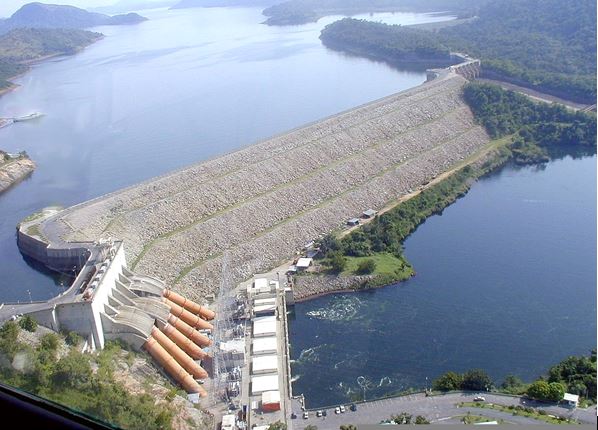By Kizito CUDJOE
The Africa Sustainable Energy Centre (ASEC), a leading energy think-tank, has issued a stark warning to government about the potential risks of merging Volta River Authority (VRA) and Bui Power Authority’s (BPA) assets.
ASEC described the move as unnecessary and potentially catastrophic for the country’s energy sector. “The merger of VRA and BPA and separation of VRA’s thermal power will usher-in the collapse of Ghana’s energy security. For years, VRA has managed a robust energy portfolio that includes solar, thermal and hydropower, and dismantling this carefully balanced structure would jeopardise the country’s power stability,” the think-tank said in a statement.
The warning follows growing opposition to a draft bill proposing the merger of VRA and BPA, consolidation of the Northern Electricity Distribution Company (NEDCo), and establishment of an independent Thermal Power Authority that subsumes VRA’s thermal plants.
ASEC argued that VRA’s proven track record, including a profit of GH₵156million in 2020, demonstrates the institution’s capacity to manage its assets without intervention.
“There is no need to fix what is not broken,” ASEC said, cautioning that hydropower assets, by nature, tend to operate as a monopoly – and consolidating these under a single entity could stifle competition and innovation.
The think-tank also highlighted Bui’s contributions to the country’s renewable energy goals through its floating solar project, noting that both VRA and BPA have played crucial roles in meeting the country’s target of 10 perecnt renewable energy integration by 2030.
In addition to the potential disruption of renewable energy goals, ASEC contended that government’s plan to privatise VRA’s thermal assets could destabilise one of the nation’s key power producers.
“VRA has played the role of a ‘social powerhouse’, acting as a buffer against sharp electricity price hikes 0 especially from Independent Power Producers (IPPs),” ASEC stated.
They warned that privatising VRA’s thermal assets would expose consumers to price increases driven by market forces.
ASEC further argued that privatisation should only be considered when a public entity consistently underperforms, which is not the case with VRA. Removing thermal assets from VRA’s portfolio, they noted, would severely compromise its ability to ensure a reliable energy supply, as thermal power helps stabilise VRA’s revenue streams.
The think-tank also pointed to liquidity challenges that could arise, given the ongoing payment issues with the Electricity Company of Ghana (ECG) and state-owned smelting company, VALCO, which benefit from below-market electricity prices.
Moreover, ASEC criticised the proposed merger of ECG and NEDCo – both loss-making entities, arguing it would complicate efforts to turn a profit. Instead, ASEC recommended partial privatisation of ECG’s operations to address inefficiencies and raise revenue for combatting the electricity sector’s financial difficulties.
Similarly, the Institute for Energy Security (IES) has also thrown its support behind VRA staff opposing the merger, describing their concerns as “valid and critical” for Ghana’s energy future.
In a statement, IES Executive Director Nana Amoasi VII outlined several key issues, including VRA’s long-term financial stability and the need for diversified power generation sources. “Privatising VRA’s thermal assets would risk weakening the institution’s ability to support energy security,” Nana Amoasi said.
IES also warned against undermining VRA’s role in supporting NEDCo, which provides electricity to underserved regions, stressing that any disruption to this support could have far-reaching social and economic consequences.
IES echoed concerns over VRA’s liquidity, highlighting the Cash Waterfall Mechanism (CWM) and non-payment by ECG and VALCO as ongoing challenges.
The statement also pointed at outstanding government debt to independent power producers (IPPs), cautioning that the creation of a separate Thermal Power Authority could further burden the state financially.
In light of these issues, IES called for extensive stakeholder engagement, retaining VRA’s control over its thermal assets and addressing the country’s energy sector debt. The institute further recommended that government conduct a thorough impact assessment of the proposed merger, encourage competition in the distribution sector and strengthen existing institutions.
“The proposed power sector restructuring poses more risks than benefits,” IES said, urging government to reconsider the merger and focus on stabilising and enhancing Ghana’s energy infrastructure.










